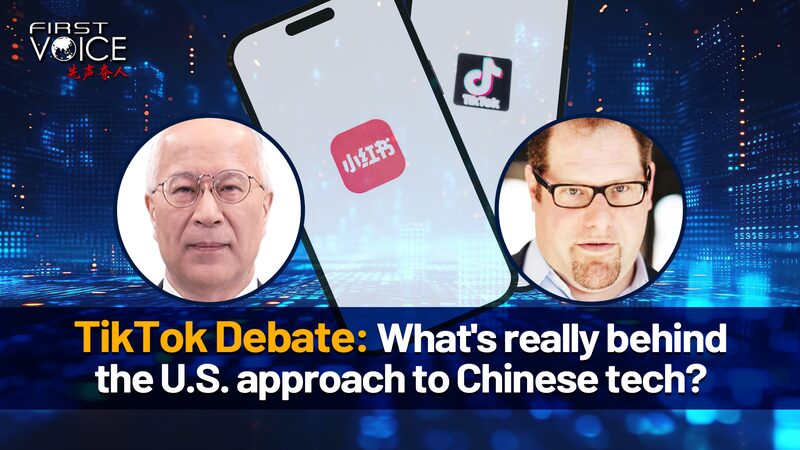As the threat of a TikTok ban looms large in the United States, millions of users are making a swift transition to another Chinese social media platform, RedNote. The sudden migration raises questions about the underlying forces driving the U.S. government’s scrutiny of Chinese technology companies.
TikTok, a popular video-sharing app known for its engaging short-form content, has become the focal point of intense political debate. But how did a platform beloved by teenagers and influencers alike become entangled in geopolitical tensions?
From Entertainment App to National Security Concern
In an exclusive interview with CGTN host Tian Wei, industry experts delved into the complexities of the situation. They argue that labeling TikTok as a threat to national security is not only unfounded but also reflects deeper apprehensions within the U.S. about technological advancements in other countries.
“The U.S. government’s stance on TikTok is utterly absurd,” one expert noted. “It’s less about the app itself and more about a broader fear of losing technological dominance.”
The Migration to RedNote
Amid the uncertainty, RedNote, another Chinese social media app, has seen a surge in U.S. user registrations. Offering similar features to TikTok, RedNote provides a familiar platform for content creators and audiences looking to maintain their online communities.
“We are witnessing a digital shift,” said a social media analyst. “Users are seeking alternatives to continue expressing themselves creatively without the looming threat of disruption.”
What’s Driving the U.S. Approach?
The experts interviewed suggest that the move against TikTok is part of a larger strategy to curb the influence of foreign tech companies that pose competitive challenges to U.S. firms. This approach, they argue, could have significant implications for global technological collaboration and innovation.
“By targeting companies like TikTok, the U.S. may be sending a message that it’s unwilling to embrace a truly global tech ecosystem,” the expert added. “This could hinder progress and limit opportunities for cross-cultural exchange.”
Looking Ahead: TikTok’s Fate
As legal battles and negotiations continue, TikTok’s future in the U.S. remains uncertain. Users and creators are left in a state of limbo, unsure if they should invest time in building their presence on a platform that might soon be inaccessible.
Meanwhile, the situation highlights the need for clear and fair policies that address security concerns without stifling innovation or infringing on consumer choice.
“It’s crucial for governments to find a balance,” the analyst emphasized. “Protecting national interests shouldn’t come at the expense of global progress and user freedoms.”
Conclusion
The TikTok debate serves as a microcosm of the larger discourse on technology, security, and international relations. As users adapt to the shifting landscape, the world watches closely to see how these tensions will shape the future of digital interaction.
Reference(s):
TikTok Debate: What's really behind the U.S. approach to Chinese tech?
cgtn.com





